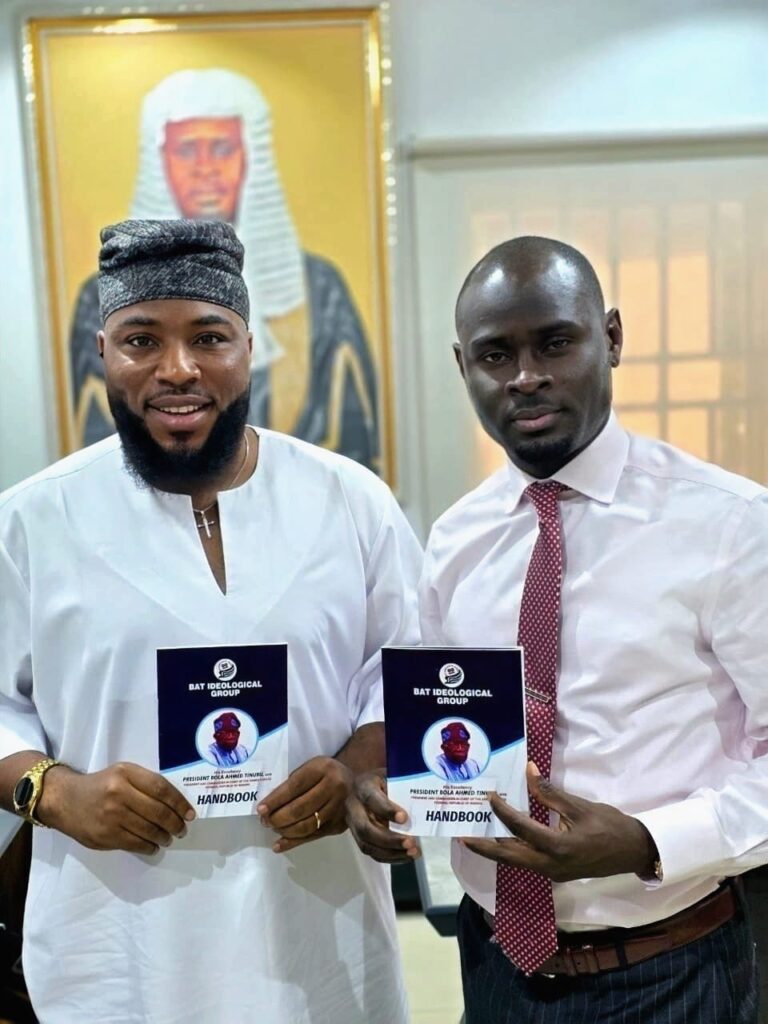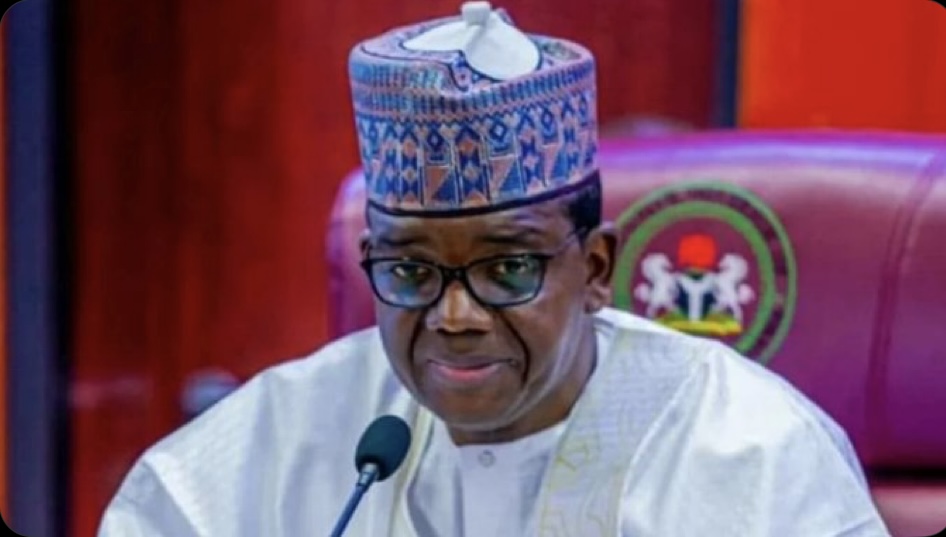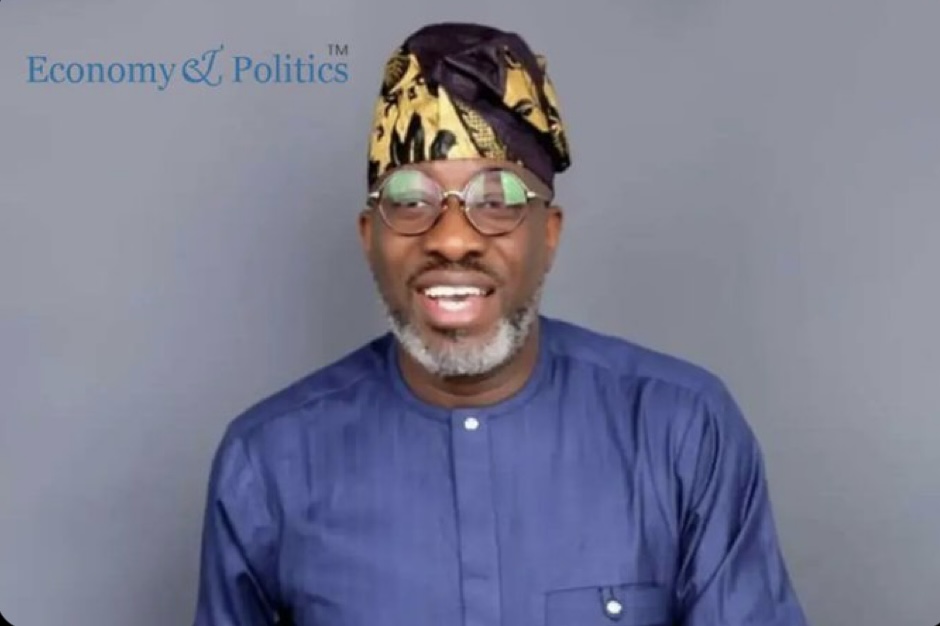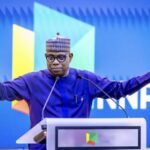Vote Counting Begins in Guinea-Bissau After Election Marked by Opposition Exclusion
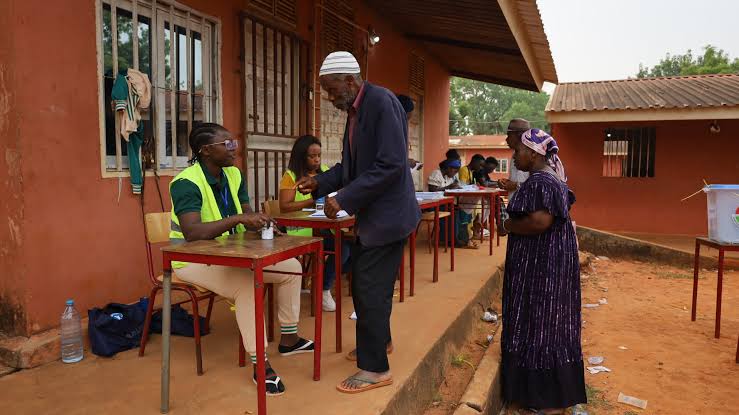
Vote counting is underway in Guinea-Bissau following a deeply contentious election that unfolded under heavy security and widespread fears of renewed political instability.
The polls, which combined both presidential and legislative elections, drew intense scrutiny as the country’s main opposition party was barred from participating — a decision that significantly heightened tensions ahead of the vote.
President Umaro Sissoco Embaló, who is seeking a second term, entered the election under a cloud of controversy. His administration has faced criticism for dissolving the opposition-led parliament in 2023 and for presiding over what many critics describe as a narrowing democratic space.
The exclusion of the African Party for the Independence of Guinea and Cape Verde (PAIGC), a major political force, amplified concerns, with civil society leaders and regional observers warning that the move could undermine the legitimacy of the final results.
The atmosphere on election day was calm but heavily policed. More than 6,700 security personnel, including units from ECOWAS, were deployed across the small West African nation to guard polling stations and maintain order amid fears of unrest. Many voters expressed frustration at the political rifts that have overshadowed the process, though they nonetheless hoped the election might bring stability after years of institutional crises and recurring power struggles.
Analysts say the stakes are unusually high. Guinea-Bissau has long been prone to coups, attempted uprisings, and bitter disputes between political elites.
This vote — shaped by legal battles over the president’s mandate, conflicts with opposition leaders, and accusations of political interference — is seen as a critical test of whether the country can steer itself toward a more predictable democratic path.
While early counting has begun, no clear projections have been released. Political observers caution that the most volatile period may come after results are announced, depending on how opposition groups react to an outcome they were largely excluded from influencing.
Many fear that a disputed result could trigger protests, paralysis, or a fresh cycle of instability.
For now, all eyes remain on the electoral commission as ballots continue to be tallied. The coming days will determine not only Guinea-Bissau’s next leadership but also whether the fragile nation can avoid yet another political crisis.


